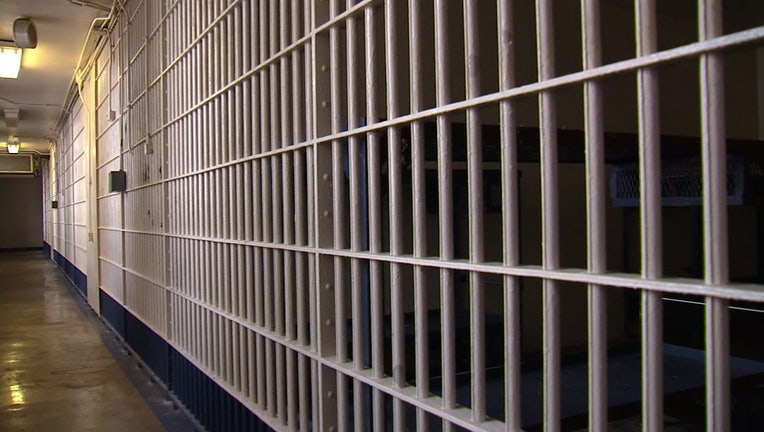California stalls scaled down bail reform after year’s delay

SACRAMENTO, Calif. - California lawmakers balked at a scaled-back attempt at reforming the state’s cash bail system Wednesday, a year after a more expansive effort also stalled amid headlines over a gruesome killing.
The latest version would bar suspects released prior to trial from being charged for things like ankle monitors or other conditions imposed to ensure they show up in court.
It also would require that bail premiums be returned to suspects if charges are dismissed or no charges are filed within 60 days after the suspects’ arrest. Bail agencies would be allowed to keep 10% fee.
The reform is "focused on those who are struggling from poverty and in the criminal justice system," said Democratic Assemblywoman Rebecca Bauer-Kahan, who carried the bill in the Assembly. She added later that "the bail system will survive."
But Democratic Assemblyman Jim Cooper, who will soon become Sacramento County sheriff, said the danger is that bondsmen will no longer bail people out and "it will be de facto zero bail."
The measure was seven votes short of the 41 it needed in the 80-member Assembly, as time ran out for the year as lawmakers prepared to adjourn.
Most people who make bail — 97% — pay a bail agent a fee that is currently nonrefundable even if charges are never filed. Insurance Commissioner Ricardo Lara said requiring the return of most of that money in such circumstances "represents a critical step forward in securing Californians’ rights to the presumption of innocence and due process."
Last year’s broader version would also have set a statewide bail schedule to take into account suspects’ finances. It was intended to write into law a California Supreme Court ruling that judges must consider suspects’ ability to pay when they set bail.
The proposal stalled when a parolee who had been released without bail was arrested after a Sacramento woman found dead along with her two slain dogs inside her burning home. County prosecutors are now seeking the death penalty for Troy Davis in that case.
The revised version continues to be opposed by the bail industry, with a coalition of opponents saying the measure "is carefully designed to eliminate the bail industry and open the door to a permanent Zero Bail system in the future."
Senate Republicans also criticized majority Democrats for resurrecting the bill "despite huge concerns for public safety."
Prosecutors continue tweaking their policies in seeking bail two years after a statewide zero bail policy helped reduce the jail population during the height of the coronavirus pandemic.
San Francisco District Attorney Brooke Jenkins, who recently replaced a more progressive prosecutor recalled by voters in mid-term, said last week that she would generally continue her predecessor’s policy of rarely seeking cash bail.
But Yolo County District Attorney Jeff Reisig said last week that his office’s tracking of those released without bail found that 70% committed new crimes, and nearly 30% of those re-arrests were for violent crimes.

